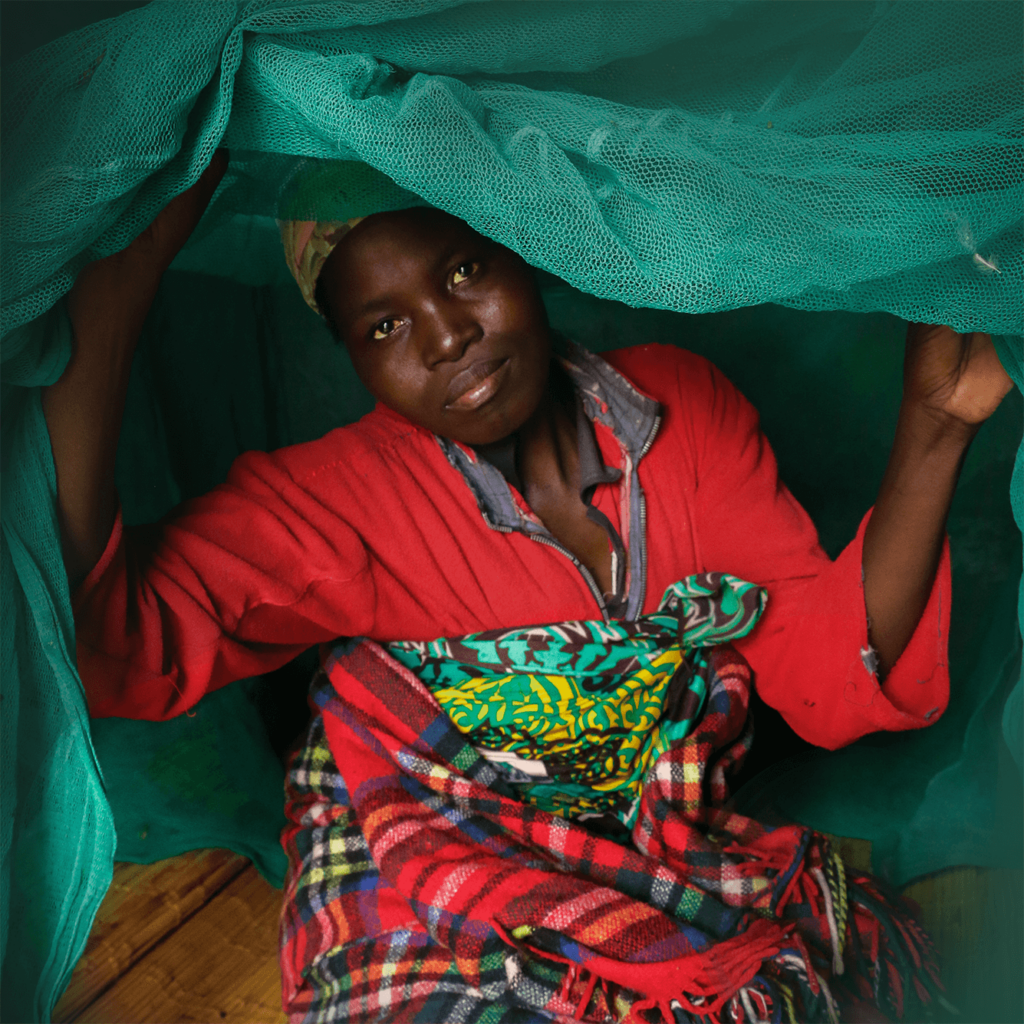Moving from Data to Action: MSH Marks World Malaria Day 2024
Moving from Data to Action: MSH Marks World Malaria Day 2024

Analyzing and acting on reliable data is crucial to winning the fight against malaria, according to global experts on the subject who observed this year’s World Malaria Day with a robust panel discussion hosted by Management Sciences for Health (MSH). With the combined threats of climate change, conflict and humanitarian crises, resource constraints, and strains of the disease and vectors that are increasingly resistant to drugs and insecticide, panelists observed, comprehensive data accessible in interoperable systems can show health professionals where to look next in the relentless effort to defeat this deadly killer once and for all.

The event’s speakers came from various backgrounds and programs, representing diverse perspectives and experiences in the fight against malaria. After opening remarks from Dr. Aday E. Adetosoye, Vice President of MSH’s Program Delivery Group, Jean Philbert Nsengimana, Chief Digital Health Advisor for Africa CDC, referenced his individual experience in surviving malaria as a young man as a reason for his very personal connection to the issue. He spoke about the fragmentation that happens when different programs and sectors (ministries of health, NGOs, research institutions) all store their own data but in different systems, when a more comprehensive database would improve the quality of evidence that could be used to fight malaria. “There is a need to keep pushing the needle when it comes [to] adopting common data standards and interoperable systems to enable seamless integration and facilitate evidence-based decision-making to combat malaria effectively.”
Jo-Angeline Kalambo, Senior Specialist for Public Health and Monitoring and Evaluation at the Global Fund, addressed how data can inform funding decisions, a crucial issue for programs looking for efficiencies as a way to deal with funding shortfalls. She referenced the Global Fund’s work in Nigeria, providing seasonal malaria chemoprevention (SMC) and insecticide-treated bed nets. “By using population estimates, microplanning data, campaign results, and expenditure data, we have been able to expand programmatic coverage and provide adequate financing for SMC in the eligible states,” Kalambo explained. She added that using technology for SMC cohort tracking has been a “game-changer” in helping them reduce costs and accurately track commodities. “We are learning so much about how we do things.”
Dr. Lia Florey, Senior Malaria Technical Advisor at the U.S. President’s Malaria Initiative (PMI), emphasized the importance of working at multiple levels to ensure data quality for routine use. She shared that PMI supports national programs to strengthen systems for malaria control so that information can be integrated. In recent years, she shared, this has brought to light the need for investments in human resources. In addition to adequate training for the health care workers who are inputting data at the community level, there is a need for skilled personnel who can help programs make the best use of the data. Florey cited examples from Zimbabwe and Mozambique where data specialists were able to triangulate data on climate, COVID-19 incidence, supply chain, and human resources to explain initially surprising increases in malaria cases. “They were able to really bring it all together and figure out what was driving those increases,” said Florey.
MSH Board Member Dr. Bernard Nahlen, Director of the University of Notre Dame’s Eck Institute for Global Health and former Deputy Coordinator at PMI, moderated the interactive event which drew more than 150 attendees from countries including Angola, Ethiopia, Afghanistan, the Netherlands, Tanzania, Madagascar, Cote d’Ivoire, and Nigeria. The attendees, many of whom are malaria professionals themselves, contributed to a robust discussion about the specifics of data triangulation, potential uses of artificial intelligence in diagnostics and data transmission, and collaboration among stakeholders.
Closing remarks came from Dr. IniAbasi Nglass, MSH’s Deputy Chief of Party for its work leading PMI-S Nigeria. She highlighted the variety of ways the speakers had shared that data is being used in the life cycle of projects (from conception to execution to making further recommendations) and how quality data can showcase achievements but also reveal gaps to determine resource allocation, deployment of interventions, and collaboration across stakeholders. “By harnessing the power of data, public health authorities can protect populations, save lives, and promote health and well-being.”
